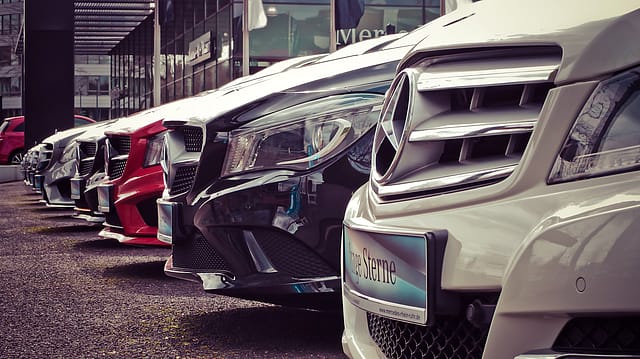Auto industry hopes for a lifeline from Budget
ADVERTISEMENT

As Modi 2.0 prepares to present its first full-year Budget on February 1, captains of the auto industry—which has seen falling sales for more than a year—share their expectations and suggestions for boosting consumer confidence:
Shoeb Farooq, GM, Triumph Motorcycles
As a premium motorcycle manufacturer, we expect the Budget to boost customer sentiment through rationalising GST rates to 18% on premium two-wheelers from the current 31% so that it can absorb some of the impact on prices due to BS VI upgradation and in turn revive demand. The premium motorcycle industry is small and in a nascent stage in India and needs support to withstand these challenging times.
Rahul Sharma, founder and chief revolutionary officer, Revolt Intellicorp
We need the government to review the current taxation framework and simplify the inverted GST structure as the input on raw material is at 18% wherein the output is at 12%. This will lead to significant working capital blockage. The proposed reduction of the GST on EVs to 5% will be beneficial if implemented. We expect the government to assess and reduce import duties on lithium-ion cells to further improve the industry’s cost issues at least in a phased manner for the next five years till we are self-reliant in building the critical components of an EV here in India.
Rajeev Kapur, managing director, Steelbird Helmets
This year, we really hope that the government lays focus on opening training centres to impart training to the industrialists in the laws/rules and regulations to solve all kind of commercial issues plus statutory requirements. The government should increase its budget on justice by opening more fast-track courts across India as there is a need for speedy judgment on pending cases.
As far as the helmet industry is concerned, GST should not be levied on helmets as they are meant for safety. Helmets are life-saving devices just like medicines. Therefore, just the way there is no GST on medicines, so should helmets be exempted.
Jatin Ahuja, founder & MD, Big Boy Toyz
We are expecting the government to align its electric mobility vision with challenges faced by automakers and auto-dealers in terms of innovation and elasticity. The automobile sector is a crucial contributor in the country’s GDP and so the government must take steps to ease the implementation of Bharat Stage VI norms which may lower the demand until the public fully understands the policies.
Rajeev Chaba, president and managing director, MG Motor India
We feel that more work needs to be done to promote EV adoption in India not only in public transport but among private customers as well. We hope that the government provides the right policy, incentives, and charging infrastructure to put more EVs on the road. It should also look at providing incentives to stakeholders for sourcing critical raw materials for EV battery manufacturing in India. This will enable a strong EV-centric ecosystem and will be beneficial for the long-term growth of this high-potential space. The government should also look at offsetting the increase in GST costs due to the recently-introduced BS VI norms to stimulate market demand for ICE vehicles.
Nimish Trivedi, co-founder, Prakriti E-mobility
Last year’s Budget witnessed the government pushing the segment with multiple initiatives—be it lowering the GST on EVs or providing additional tax deductions on EV loans. We hope that the momentum continues in 2020, as the focus needs to shift from just selling to overall sustainability. In the upcoming Budget, we hope to see reductions in road and registration taxes for EV taxi aggregators so that they are able to develop viable public transportation alternatives.
We also hope for special permissions and reduced charges for EV aggregators for operating with kiosks around major hubs such as the airport, metro and railway stations. Promoting and encouraging widespread expansion of charging infrastructure is another key agenda item that the Budget needs to address.
Manohar Bhat, vice president and head of sales and marketing, Kia Motors India
We are looking forward to the upcoming Budget as the industry urgently needs a push amid the slowdown. As put forward by SIAM, we are hopeful of a reduction in GST from the government to counter the slowdown and elevate the sentiment of potential car buyers.
Vinnie Mehta, director general, ACMA
The auto industry—which has been reeling from a slowdown for over a year due to rising fuel and commodity prices, low consumer sentiment, the introduction of BS VI emission norms, and uncertainty over the transition to electric vehicle technology— is pinning its hopes on the upcoming Budget for a revival by pushing consumer demand. This challenge but will also enhance the tax base through better compliance.